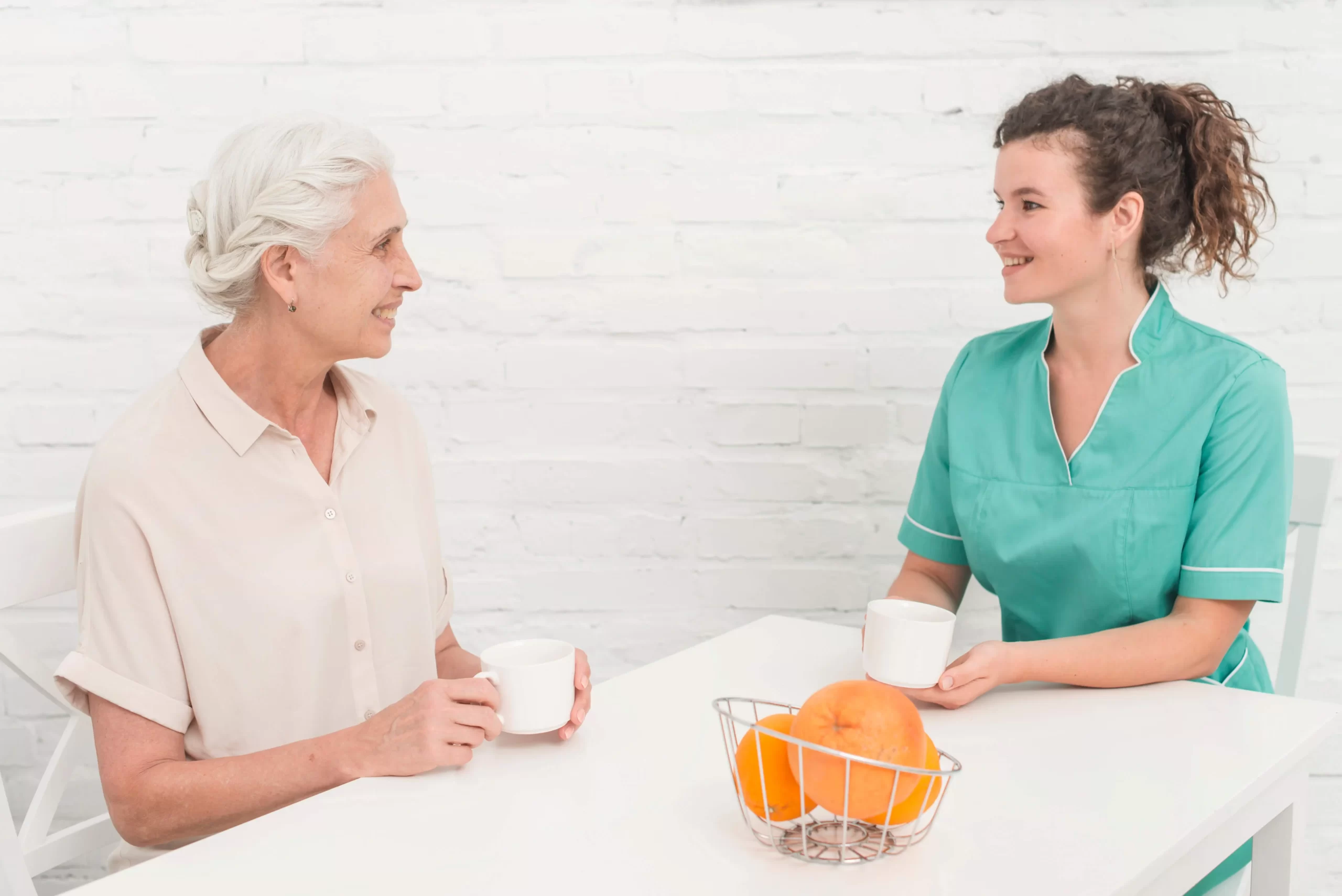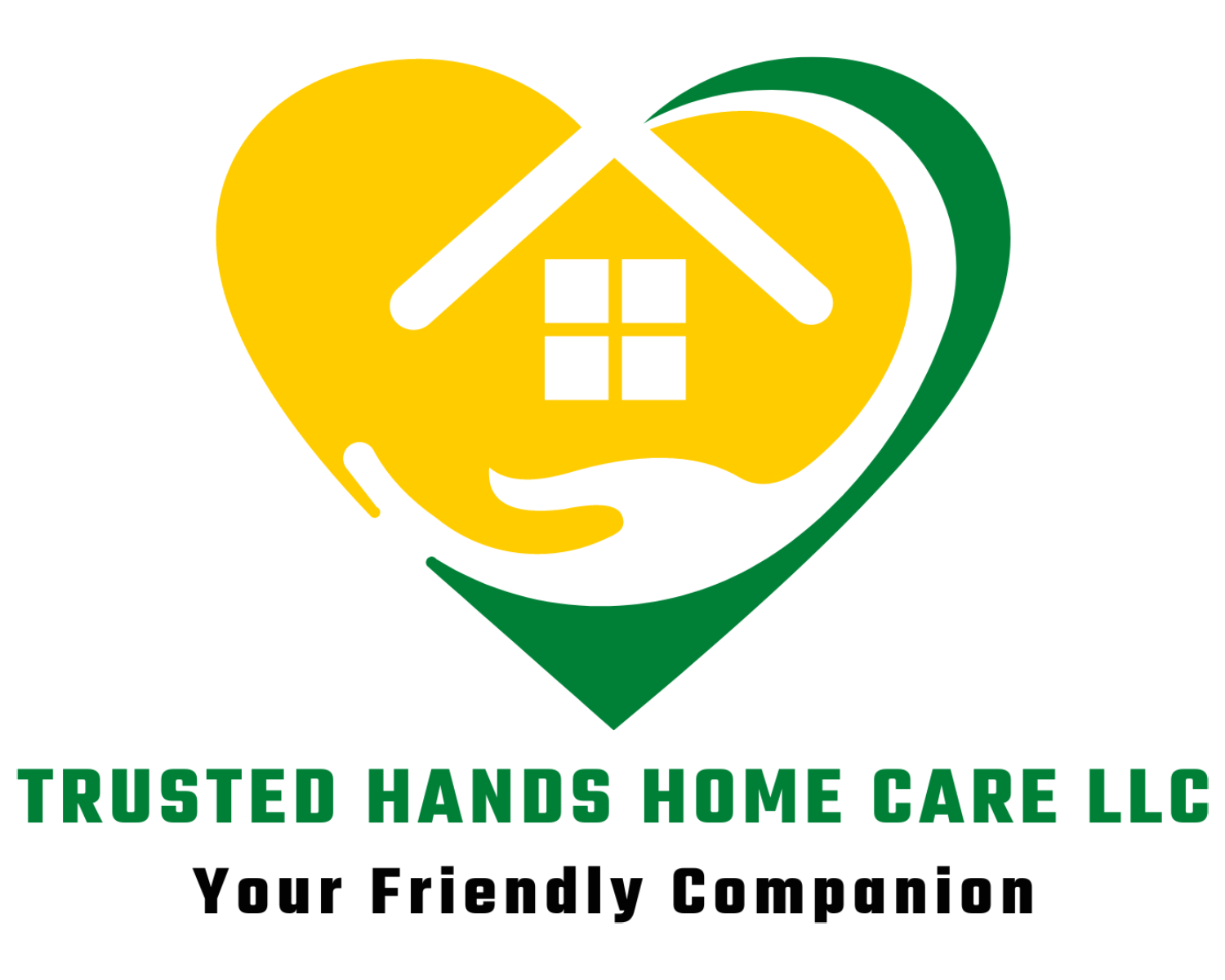
Essential Home Safety Tips for Seniors and Elderly Care
As we age, our homes may become more challenging to navigate and maintain. However, with a few simple adjustments and precautions, seniors can continue to live independently and safely in their own homes.
In this article, we will discuss essential home safety tips for seniors and elderly care to help them maintain their independence and stay safe in their homes.
Why Is Home Safety Important for Seniors and Elderly?
As we age, our bodies become more fragile, and we may experience changes in our vision, hearing, and mobility. These changes can make it more challenging to navigate our homes and perform daily tasks safely.
According to the National Council on Aging, falls are the leading cause of fatal and non-fatal injuries for older Americans. Each year, one in four Americans aged 65 and older falls, and an older adult is treated in the emergency room for a fall every 11 seconds.
By implementing home safety measures and providing adequate elderly care, seniors can reduce their risk of falls and other accidents, allowing them to maintain their independence and quality of life.
Create a Safe Living Space for Senior Care and Elderly Safety
The first step in ensuring home safety for seniors and elderly care is to create a safe living space. This includes decluttering and organizing the home to reduce the risk of falls and accidents.
Ensure you remove any unnecessary items from walkways and stairs, and make sure you safely tuck away all cords and wires.Install handrails on both sides of staircases and in the bathroom to provide support and stability.
It’s also essential to ensure that all areas of the home are well-lit. Install nightlights in hallways and bathrooms, and make sure all light bulbs are in working order. Consider using high-wattage bulbs in areas where more light is needed, such as the kitchen and bathroom.
Prevent Falls in the Bathroom with Home Modifications
The bathroom can be a hazardous area for seniors, with slippery surfaces and hard edges. To prevent falls and accidents, consider installing grab bars in the shower and near the toilet.
A non-slip bath mat can also provide added stability when getting in and out of the shower or tub. If possible, consider installing a walk-in shower or tub with a built-in seat for added safety and convenience.
Make the Kitchen Safe and Accessible for Elderly Safety
The kitchen is another area of the home that can pose risks for seniors. To make it safer and more accessible for elderly safety, consider installing pull-out shelves and drawers in lower cabinets to avoid bending and reaching.
Make sure all appliances are in good working order and have safety features such as automatic shut-off. Keep frequently used items within easy reach, and avoid using step stools or ladders.
Ensure Proper Lighting and Visibility for Senior Safety
As we age, our vision may deteriorate, making it more challenging to see and navigate our homes. To ensure proper lighting and visibility, consider installing motion-sensor lights in hallways and outdoor areas.
Make sure all light switches are easily accessible and labeled for easy identification. Use high-wattage bulbs in areas where more light is needed, such as the kitchen and bathroom.
Install a Home Security System for Elderly Safety and Peace of Mind
A home security system can provide added peace of mind for seniors living alone. These systems can include features such as emergency buttons, motion sensors, and video surveillance.
In the event of an emergency, a home security system can alert authorities and provide quick assistance. Some systems also offer remote monitoring, allowing family members or caregivers to check in on their loved ones from a distance.
Additional Tips for Senior Safety and Elderly Care
In addition to the above home safety measures and home modifications, there are a few other tips that seniors can follow to ensure their safety and well-being at home.
Stay Active and Engaged for Senior Care
Regular physical activity can help seniors maintain their strength, balance, and flexibility, reducing their risk of falls and accidents. Consider incorporating activities such as walking, yoga, or tai chi into your daily routine.
Staying socially engaged is also essential for seniors’ mental and emotional well-being. Joining a local senior center or participating in community events can help seniors stay connected and engaged.
Keep Emergency Numbers Handy for Senior Care and Elderly Safety
In case of an emergency, it’s essential to have emergency numbers easily accessible for senior care and elderly safety.
Keep a list of emergency contacts, including family members, neighbors, and doctors, near the phone or programmed into a cell phone. It’s also a good idea to have a list of medications and allergies on hand in case of a medical emergency.
Consider a Medical Alert System for Added Elderly Safety
A medical alert system is a wearable device that can be activated in case of an emergency. These devices can be worn as a necklace or bracelet and can be used to call for help in case of a fall or other medical emergency.
Some medical alert systems also offer features such as fall detection and GPS tracking, providing added peace of mind for seniors and their loved ones.
Conclusion: Ensuring Senior Safety and Elderly Care at Home
As we age, it’s essential to take steps to ensure our safety and well-being at home, especially for senior care and elderly safety. By implementing home safety measures, home modifications, and following these tips, seniors can continue to live independently and safely in their own homes.
